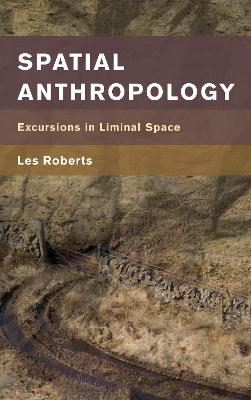Place, Memory, Affect
1 total work
Spatial Anthropology draws together a number of interrelated strands of research focused on landscape, place and cultural memory in the north-west of England. At the core of the book lies an engagement with the methodological opportunities offered by new interdisciplinary frameworks of research and practice that have emerged in the wake of a putative ‘spatial turn’ in arts and humanities scholarship in recent years. The spatial methods explored in the book represent a consolidation of site-specific interventions enacted in landscapes located in the north-west and beyond. Utilising digital tools and geospatial technologies alongside ethnographic, performative and autoethnographic modes of spatio-cultural analysis, spatial anthropology is presented as a geographically immersive and critically reflexive set of practices designed to explore the embodied and increasingly multi-faceted spatialities of place, mobility and memory. From the radically placeless environment of a motorway traffic island, to the ‘affective archipelago’ of former cinema sites, or the ‘songlines’ and micro-geographies of musical memory, Spatial Anthropology offers a rich tapestry of landscapes, practices and spatial stories that speaks to both the particularities of place and locality as well as the more delocalised topographies of regional, national and global mobility.
